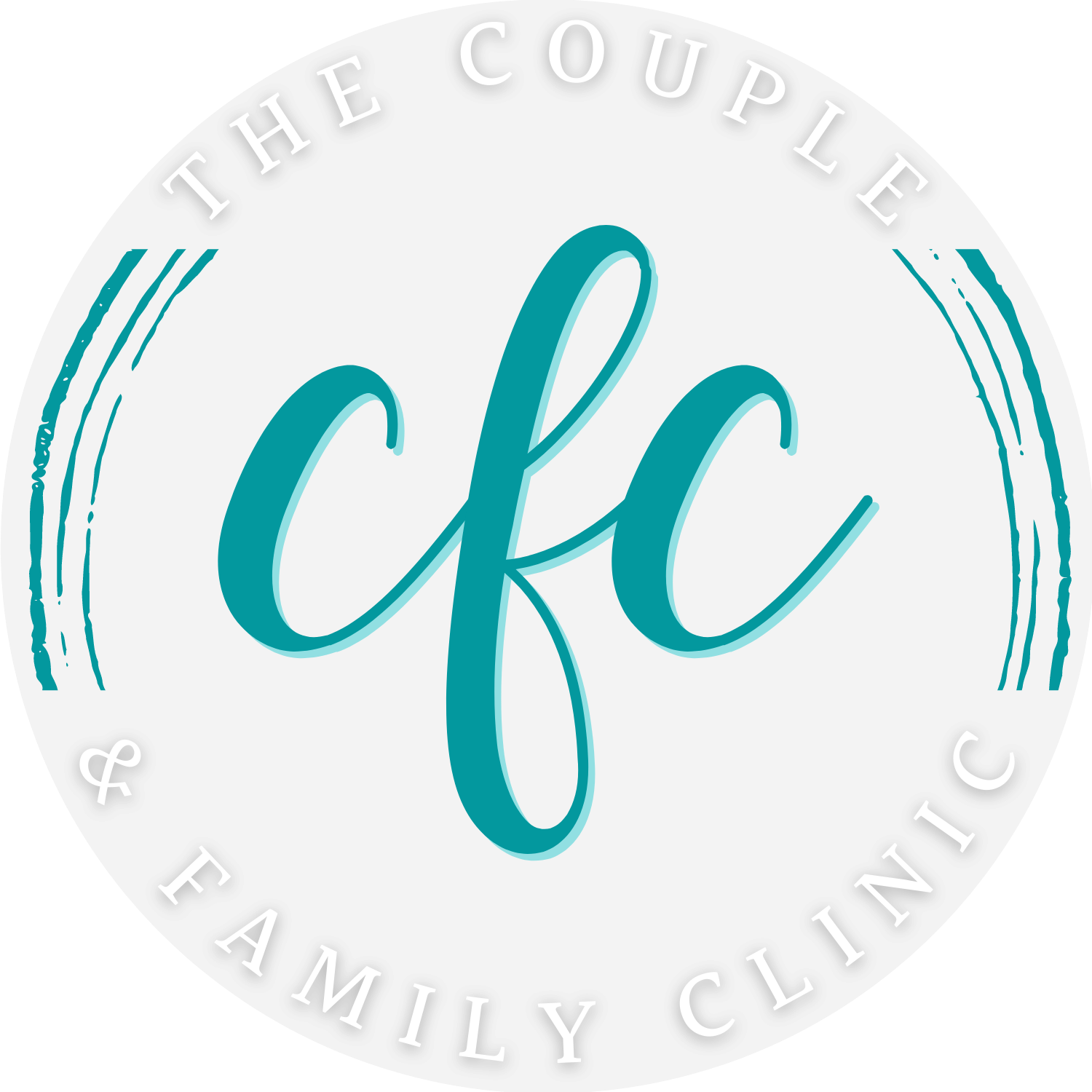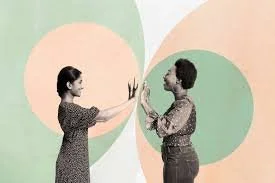Boundaries Are All About You
I was raised with four sisters. We did everything together — including being punished together. I was closest to my sister, who is one year younger than me. To this day, my mother doesn’t know how much we covered for one another. We shared the same friends, the same school schedule, the same clothes, slept in the same bed, and rotated household chores. She would wear her hair in two pigtails, and I would, too. We’d wear our hair down only to see whose hair was the longest (hers was always longer than mine). She was my “road-dog,” and I was hers. We’d take long walks with our friends and talk about everything under the sun. We got into our fair share of mischief together.
This is how I was taught to share my time, my self, and to feel safe in a relationship.
As I grew up, I realized not everyone experiences relationships this way. There are ways to determine if people are emotionally safe, and it’s not as simple as what my sister and I had. We sometimes disappointed one another, but we always knew we’d be there for each other. We’d apologize and move on with our day. As we got older, our closeness faded as life and family responsibilities took over.
Over time, I learned that boundaries are where you end and the other person begins. I’ve also learned that very few relationships can remain emotionally safe without clear boundaries. Relationships can be complicated, messy, disappointing, and even hurtful. Deciding whether a relationship is worth saving can also be complicated.
If every relationship ends the moment we’re hurt, we miss sacred opportunities for repair — moments that can deepen our connections and help us grow. But if we move forward in a relationship after being hurt without establishing boundaries, there’s a good chance the dynamics won’t change — setting us up for more pain.
The only way to move forward after hurt, disappointment, or betrayal is to first assess whether the relationship holds qualities that make it worth saving. If you decide it is, understand that it may not feel the same. The relationship will need to be redefined around what makes you feel safe and comfortable. What once felt easy may now take more effort, and there may be tension or uncertainty. The emotional tone of the relationship will likely shift.
I’ve often wondered why it’s so hard for some people to set boundaries. I believe it’s because, as humans, we fear disconnection. We are wired for connection — both vertically and horizontally.
Even the earth has boundaries: the sun, the sky, the moon, the ocean, the sand, the land. Each has a limit so the other can begin. As they dwell in their rightful places, they create something breathtaking — a masterful landscape. The sky doesn’t say, “I’m afraid the ocean will take over,” and the ocean doesn’t say, “I’m afraid the sand will leave me out.” Each element exists harmoniously, with no intrusive crossing of the other. The beauty lies in where one stops and the other begins.
Setting personal boundaries, however, is rarely as effortless as the sea meeting the sky. People often struggle to express what they need or what makes them comfortable. Many have already stretched themselves beyond their healthy capacity. Finding the language to state a boundary — and to follow it with a consequence or request — can be difficult.
Here’s a process to help you start:
Write out what the boundary is.
Example: When I feel unheard in this relationship, I will let you know. I request that you slow down and listen. If that doesn’t happen, I’ll end the conversation and ask that we revisit it when you’re ready to listen.
This statement includes the boundary, a request, and a consequence.Remember, the purpose of a boundary is not to fix the other person, but to ensure you’re treated the way you deserve.
Boundaries help you avoid repeating unhealthy relationship patterns.
Boundaries build a bridge of safety, not a wall of disconnection.
Boundaries allow you to be authentic about who you are.
Boundaries give you a plan for handling unhealthy behavior you didn’t create.
Boundaries — we need them for good, safe, healthy relationships. Let’s get busy practicing them.






